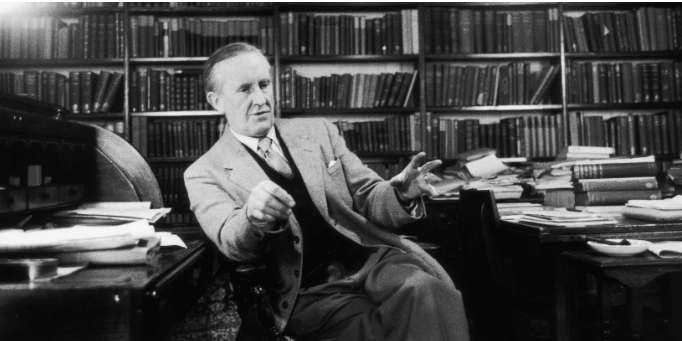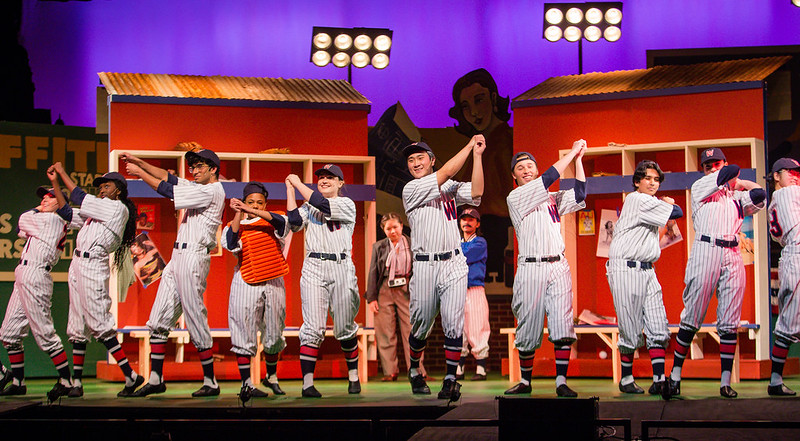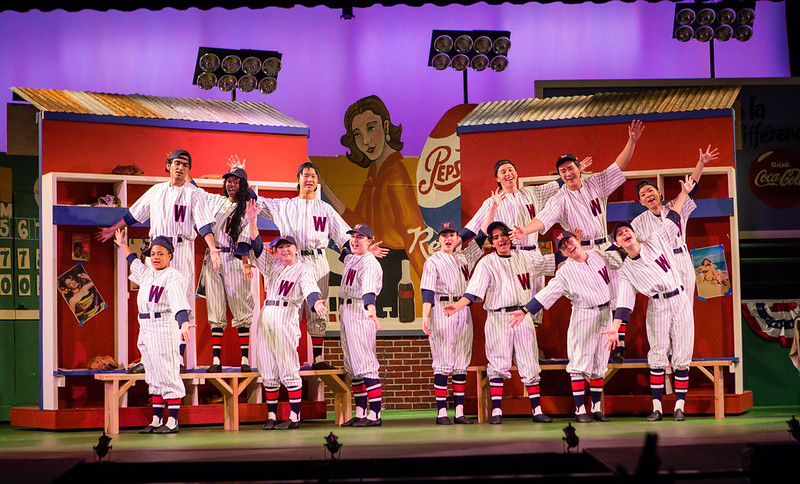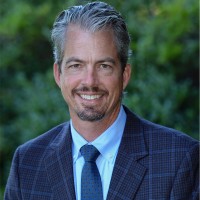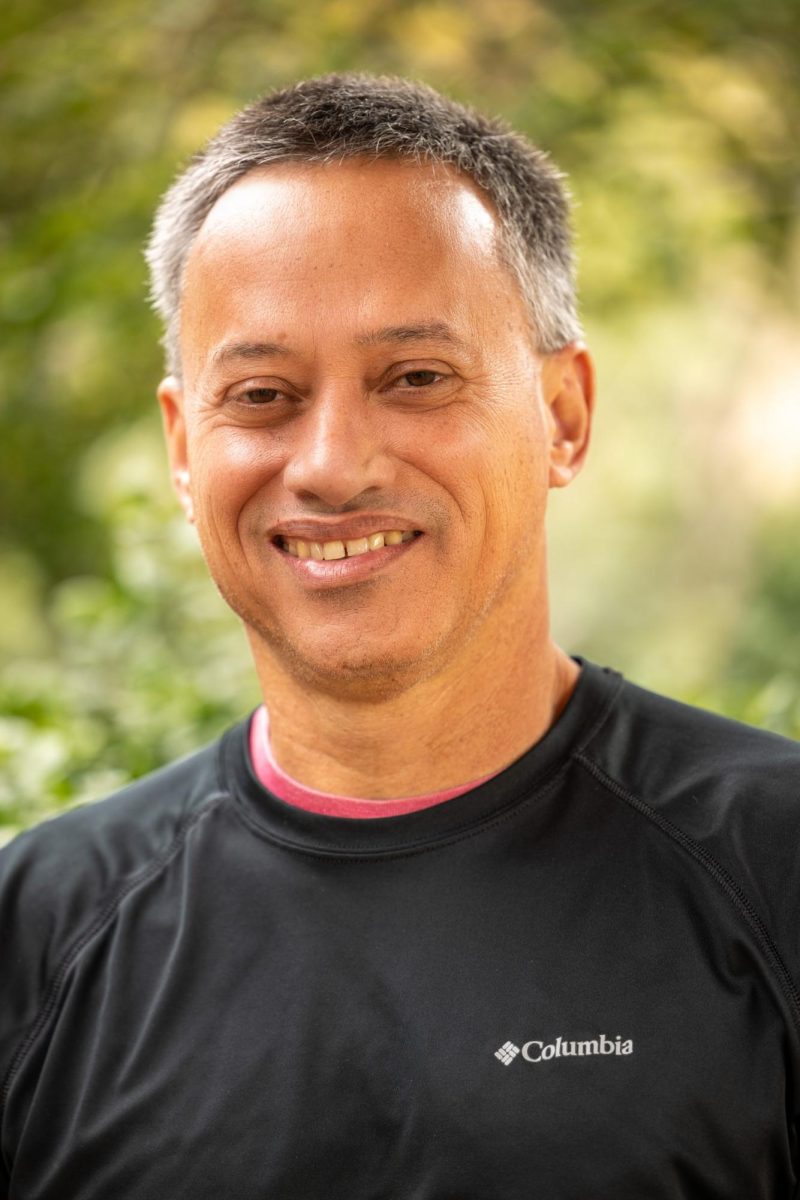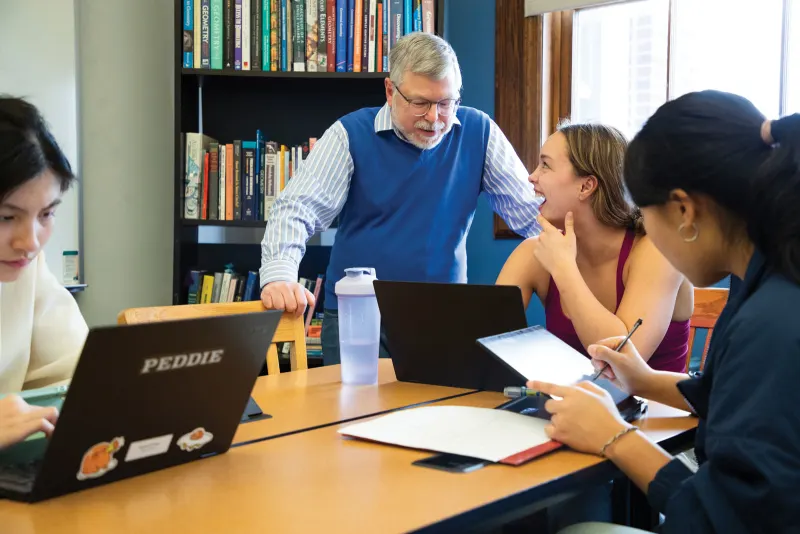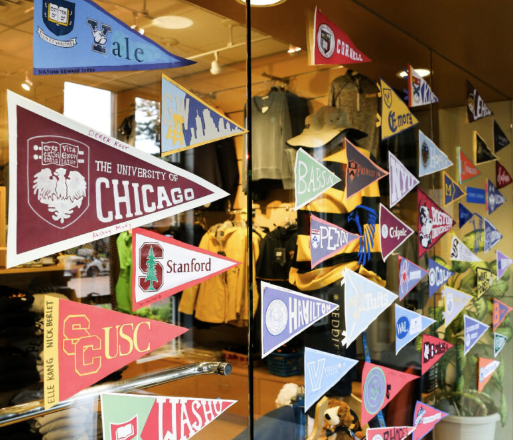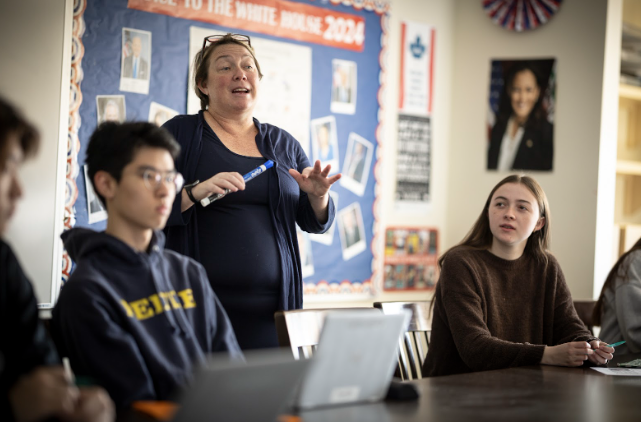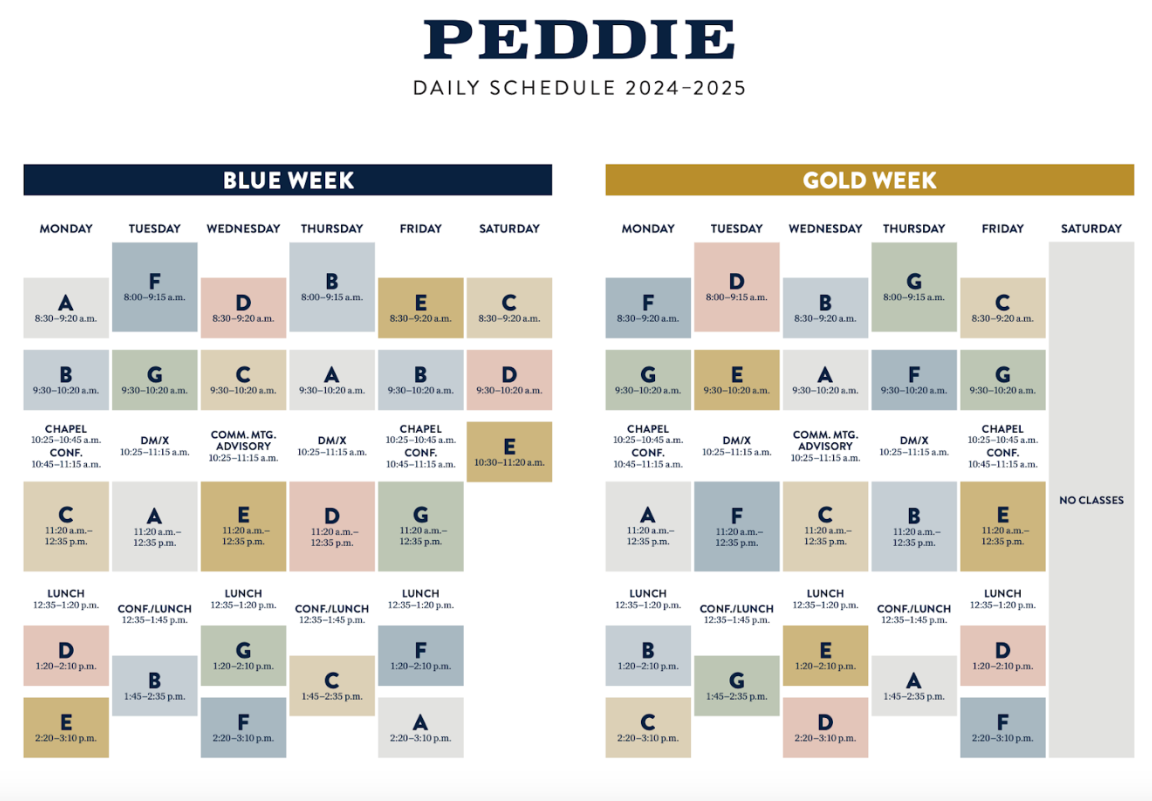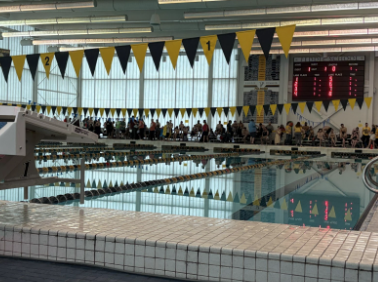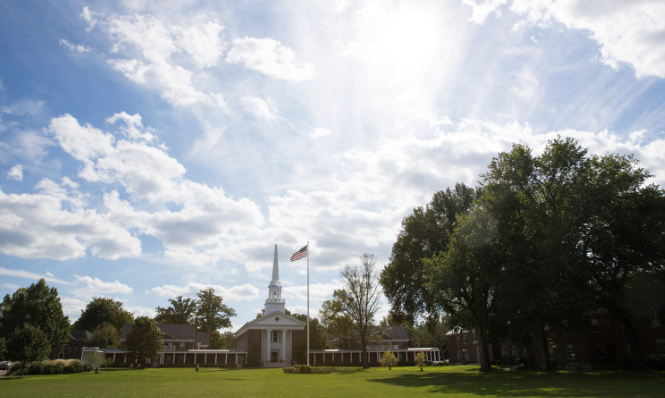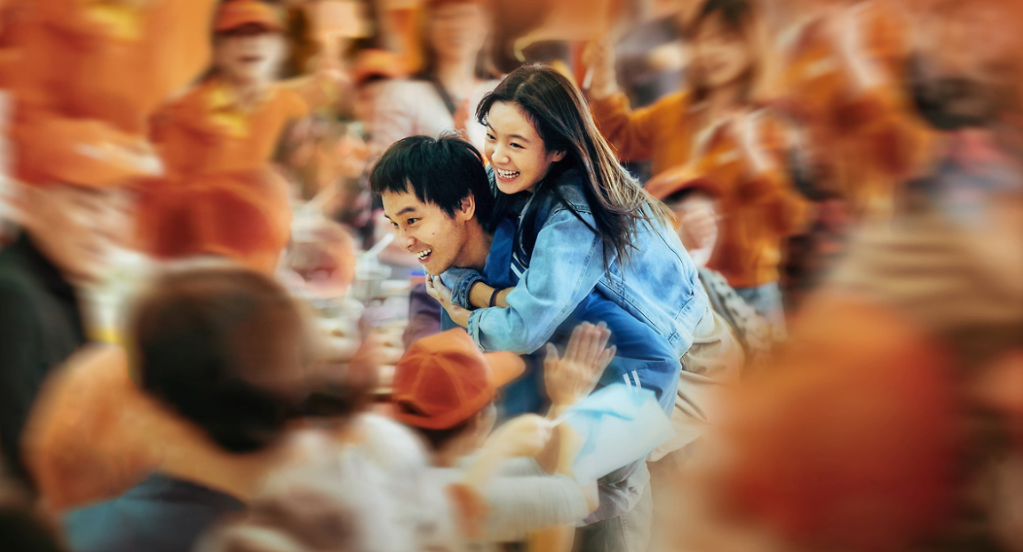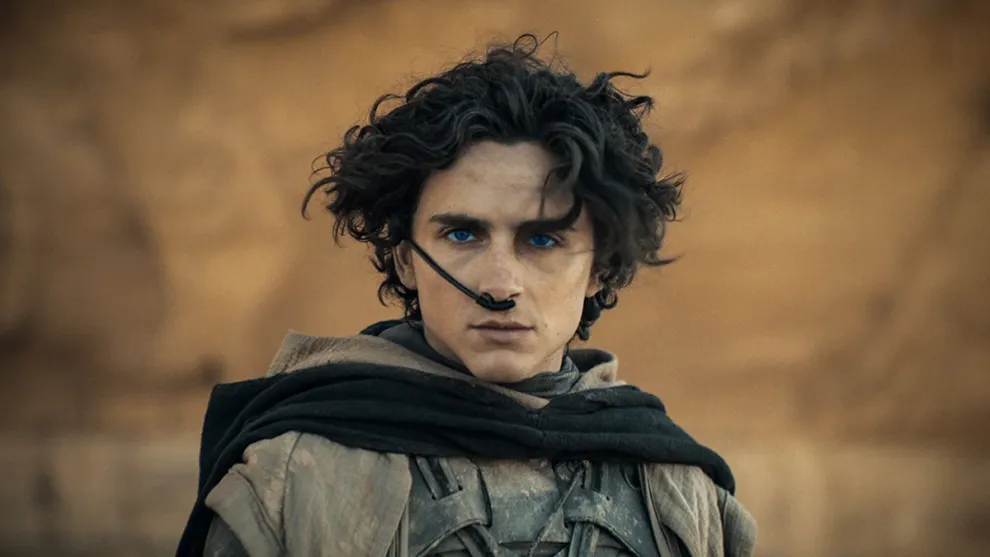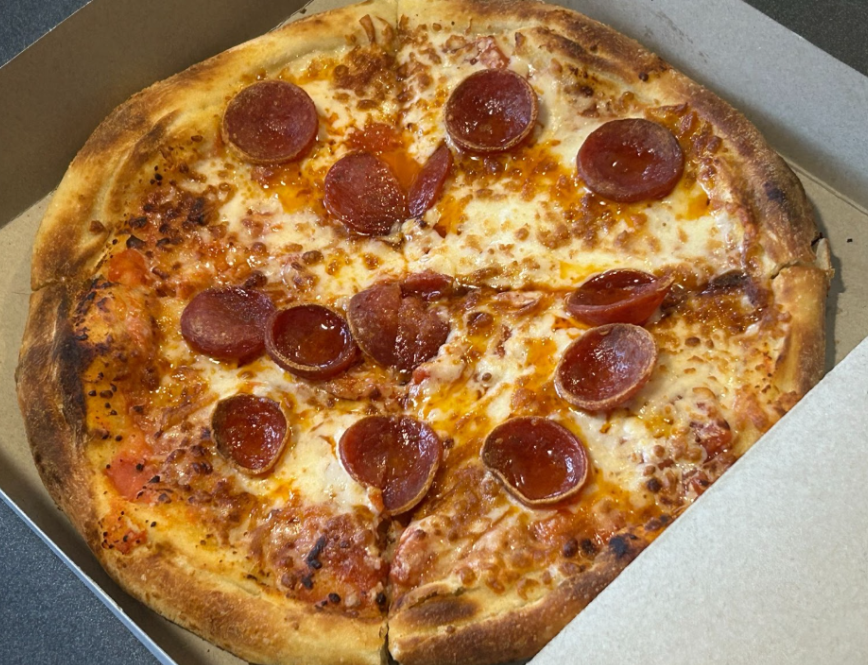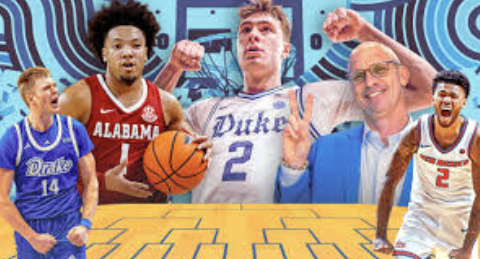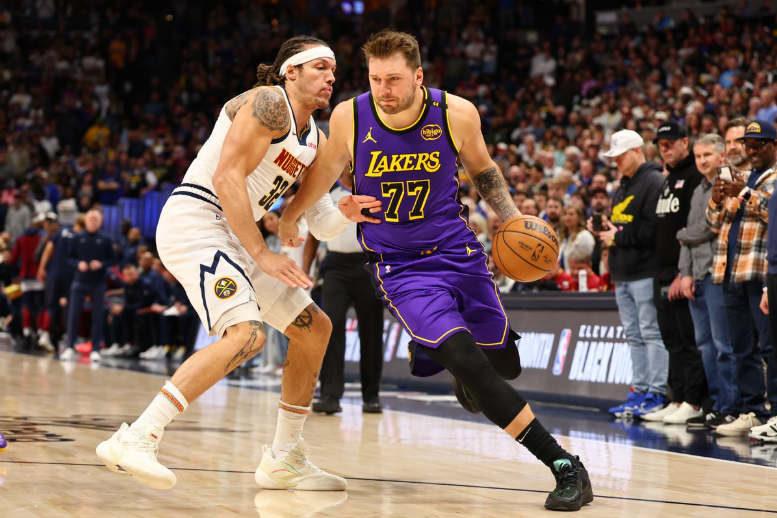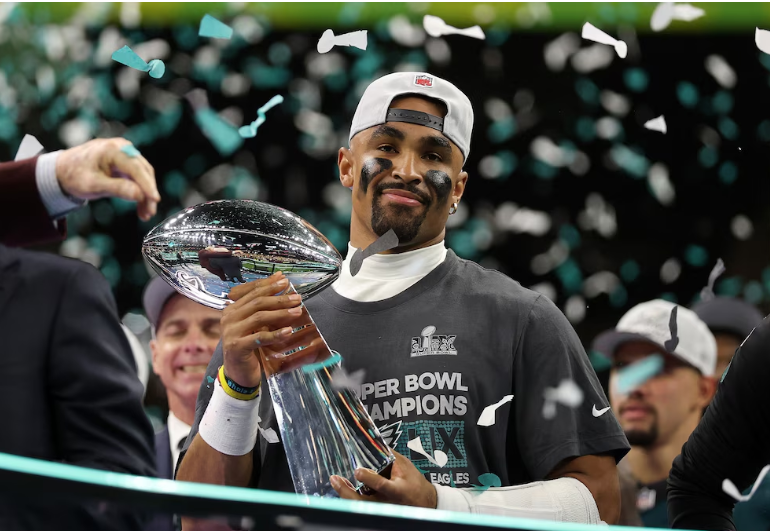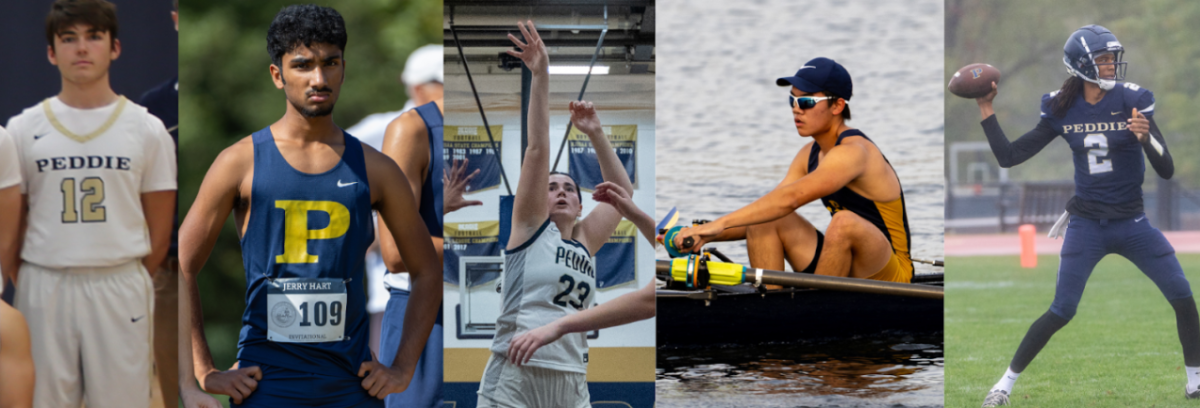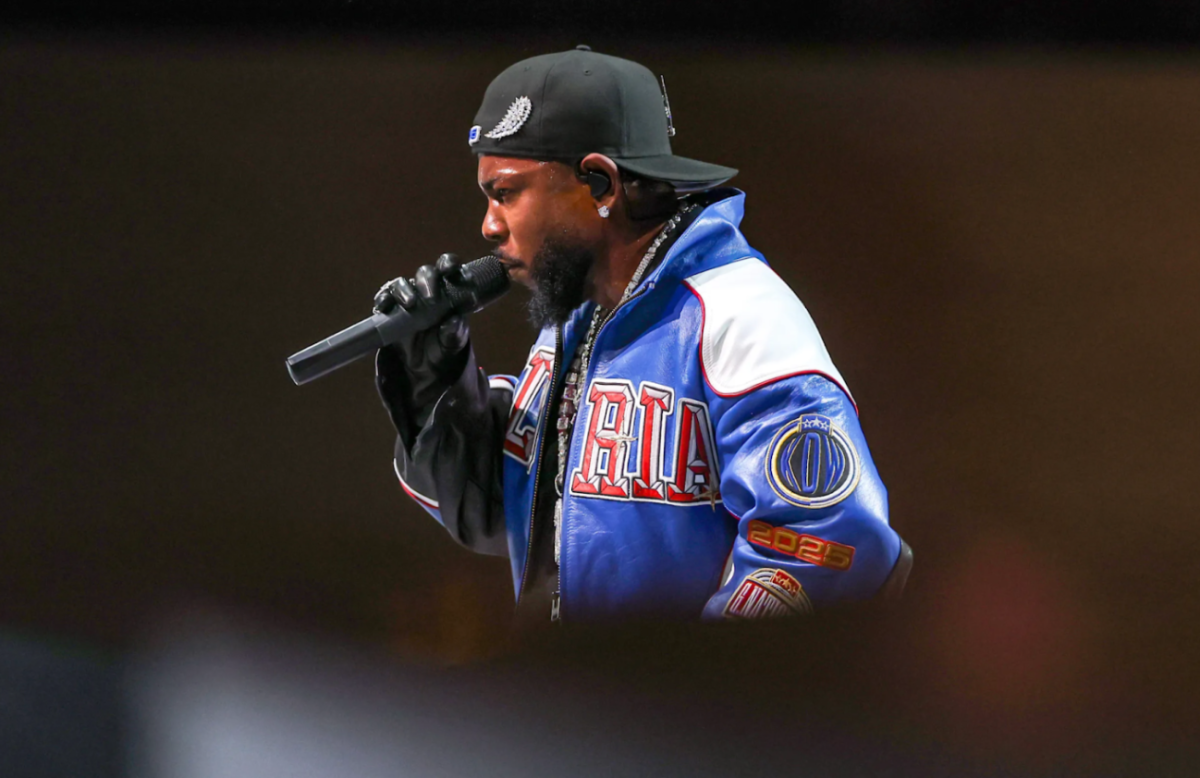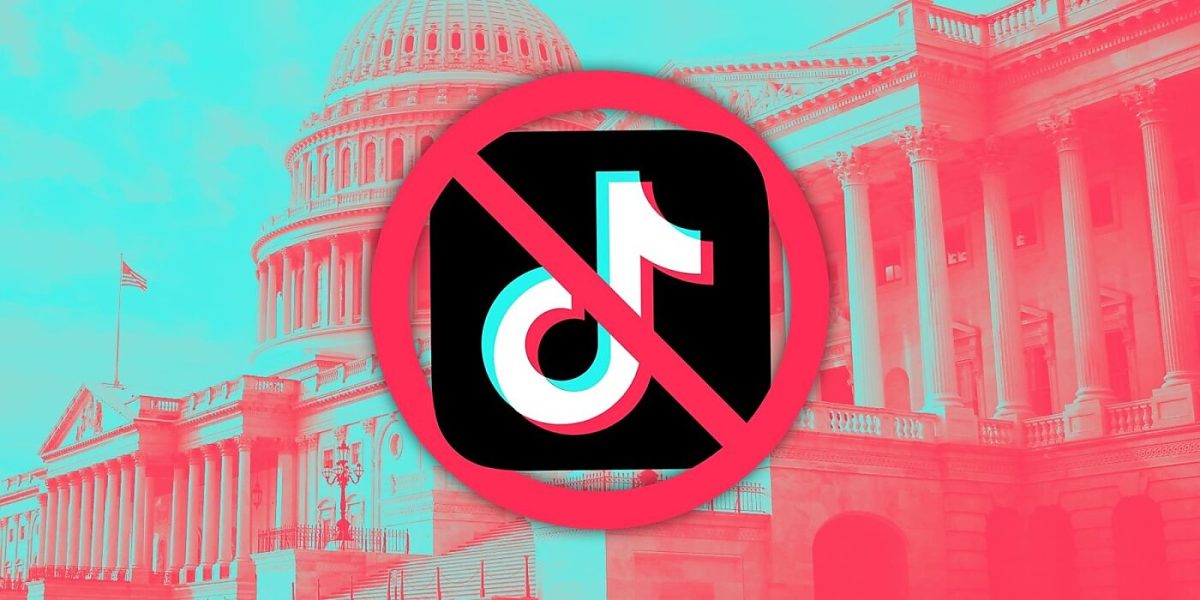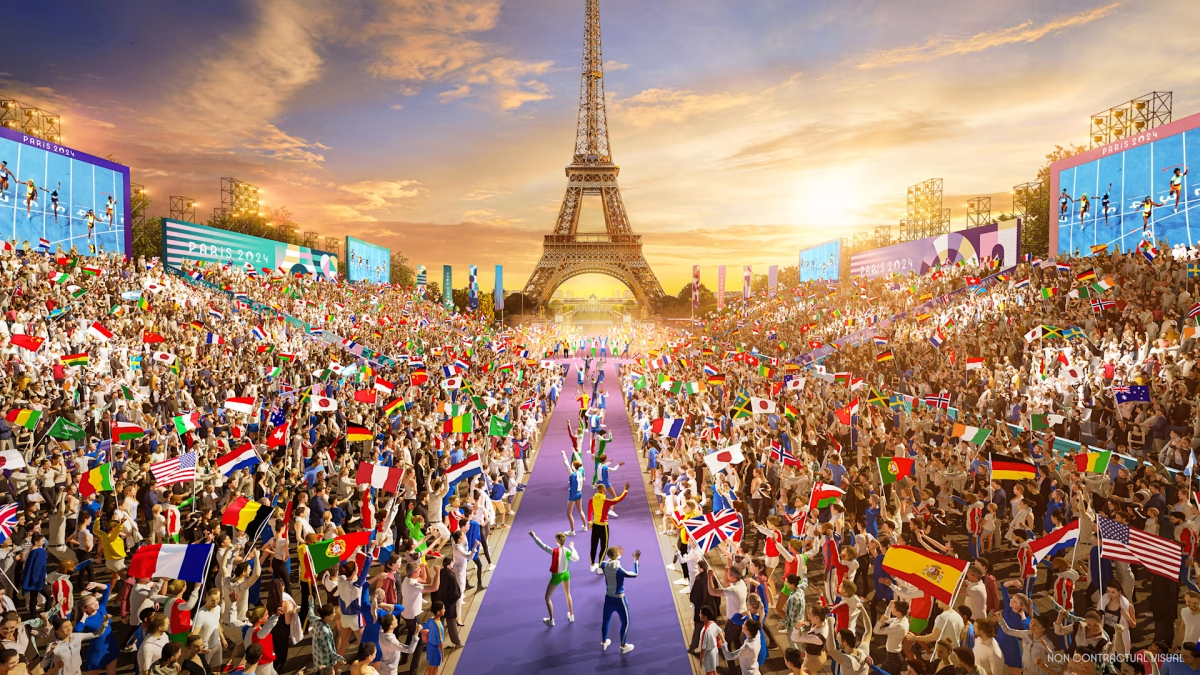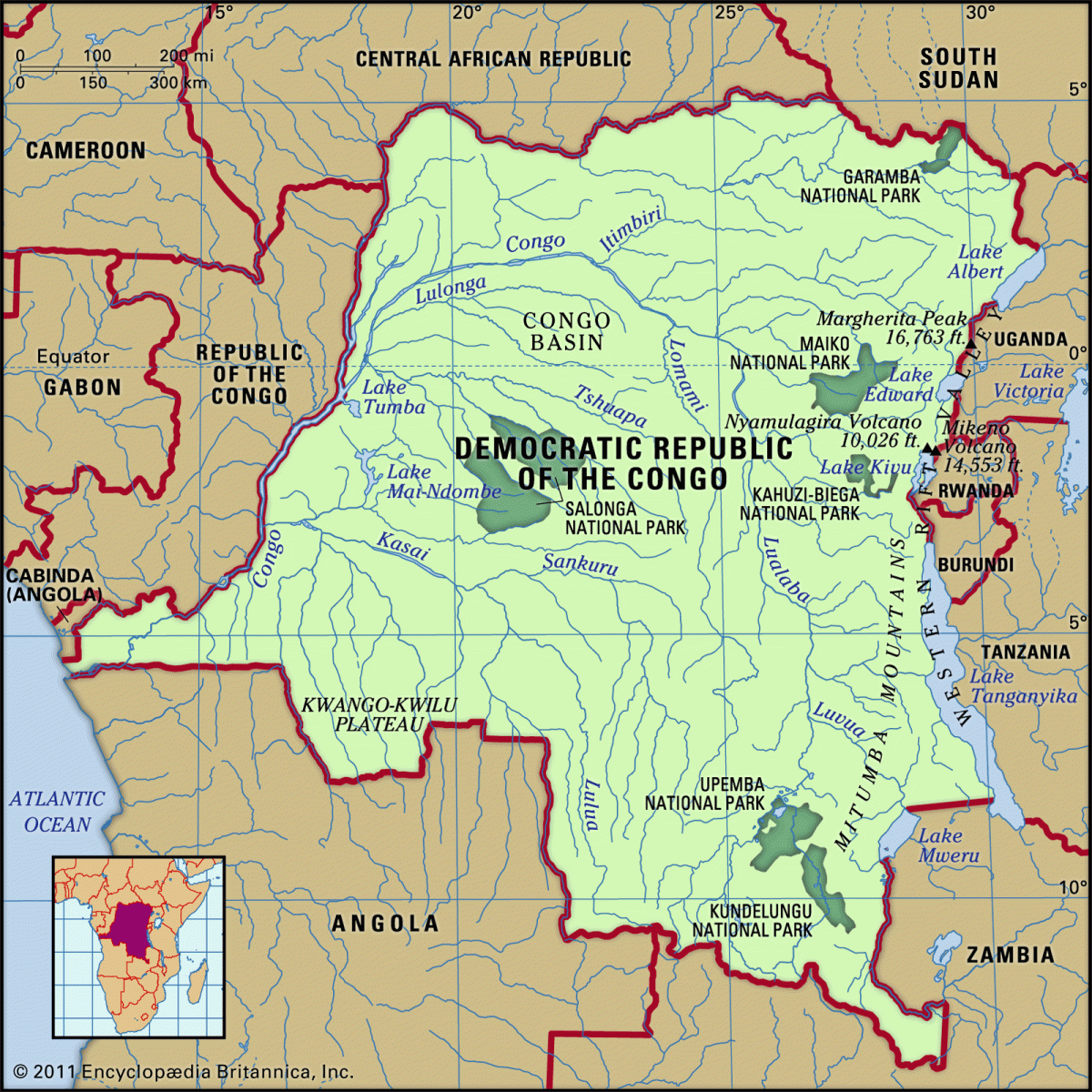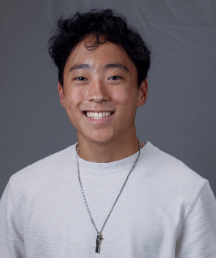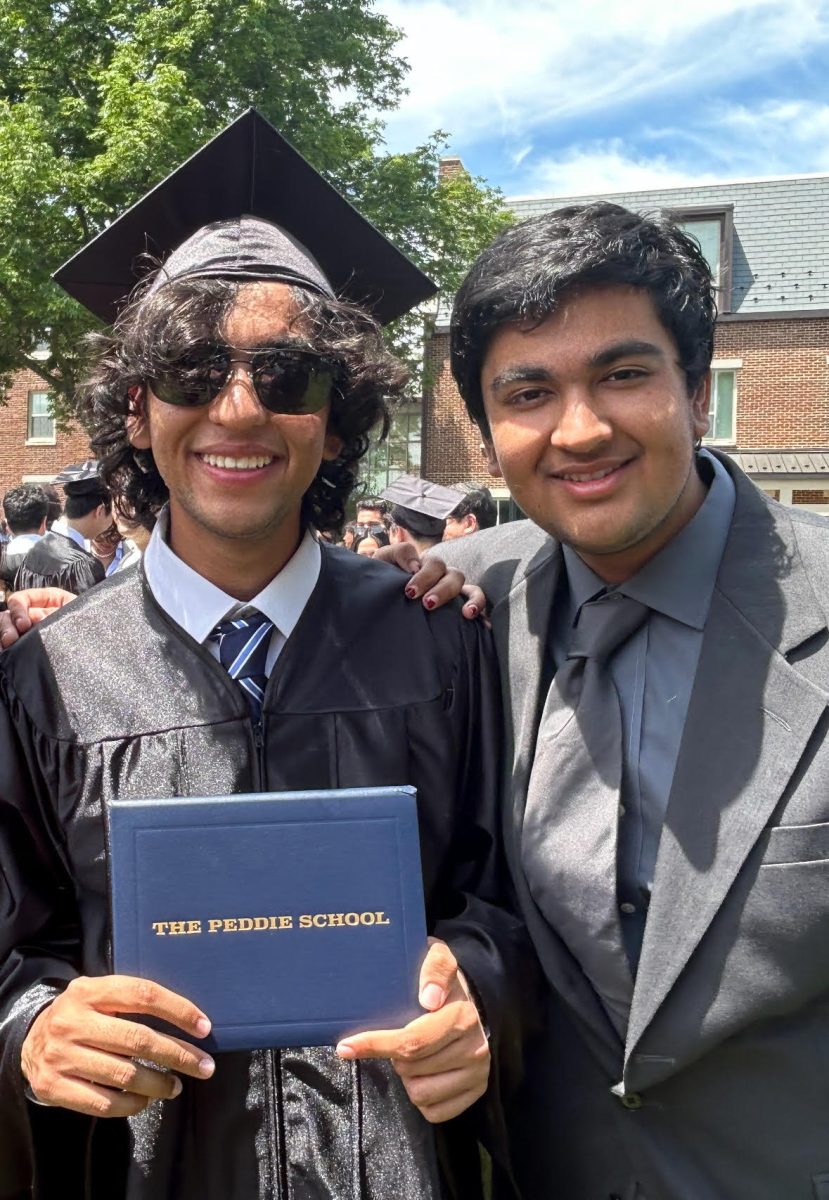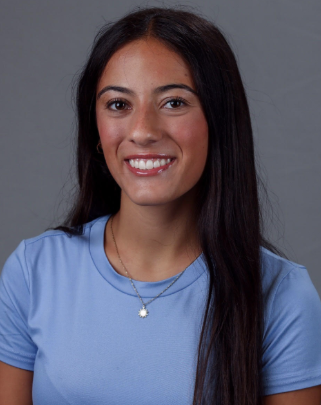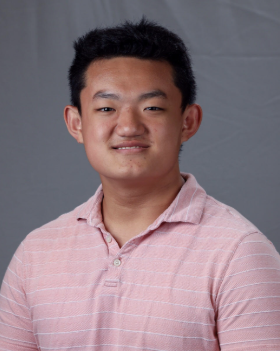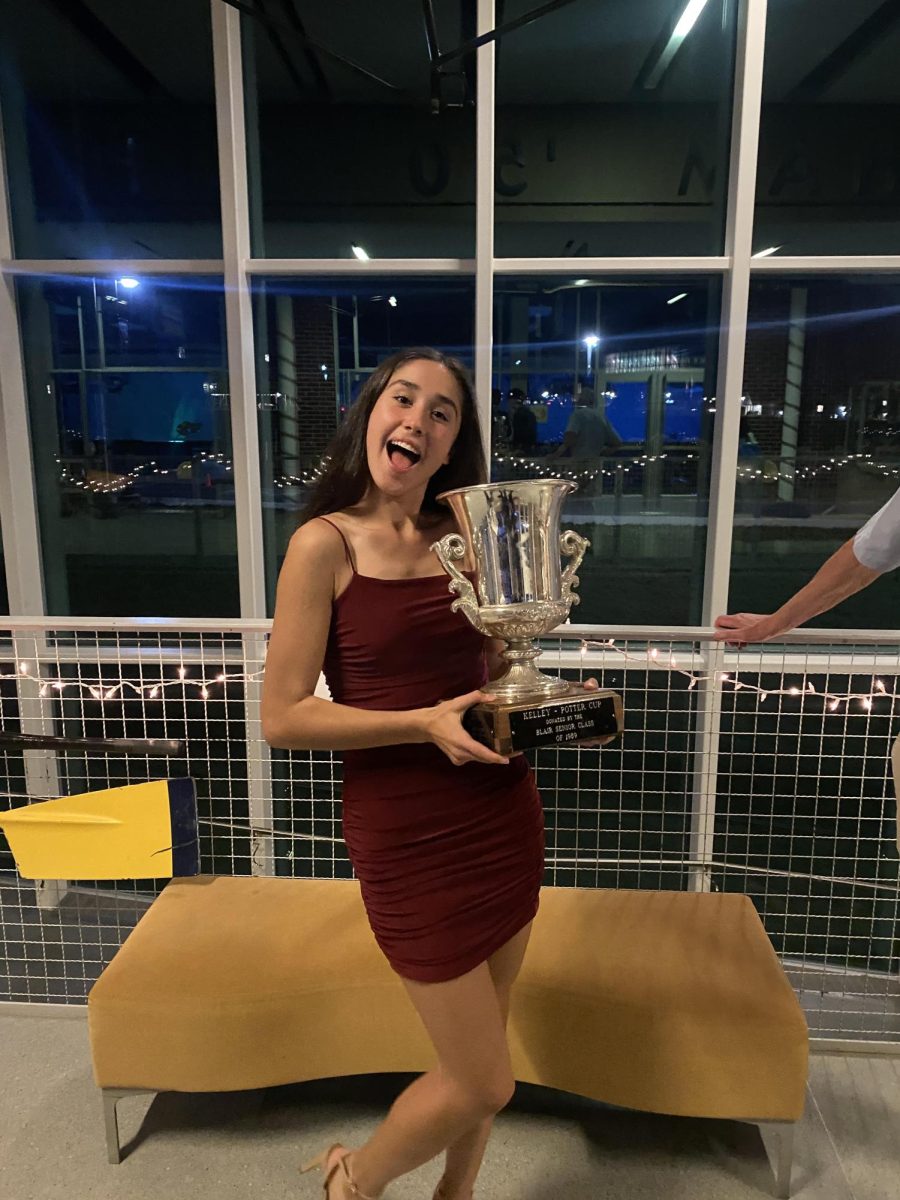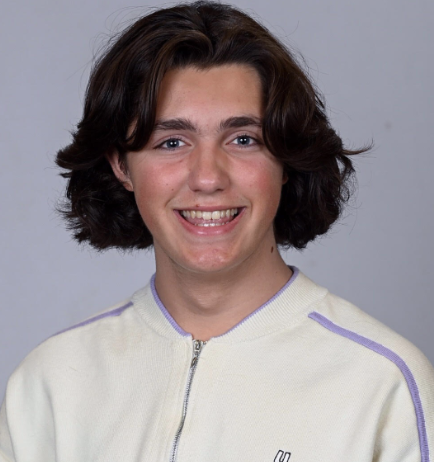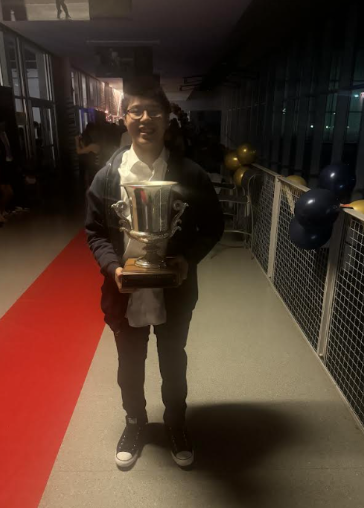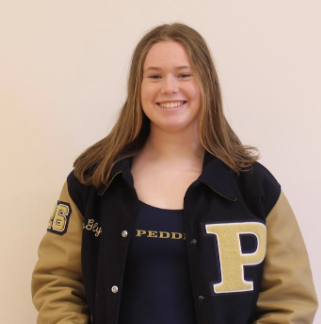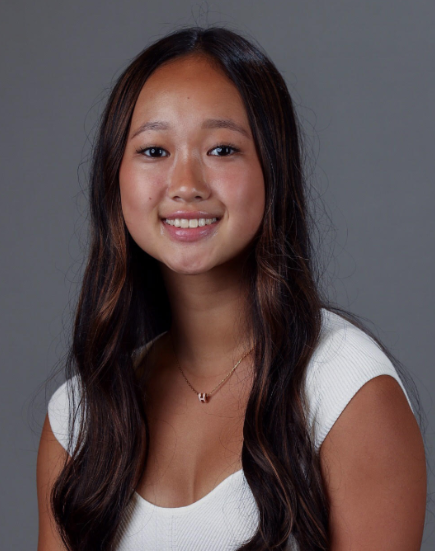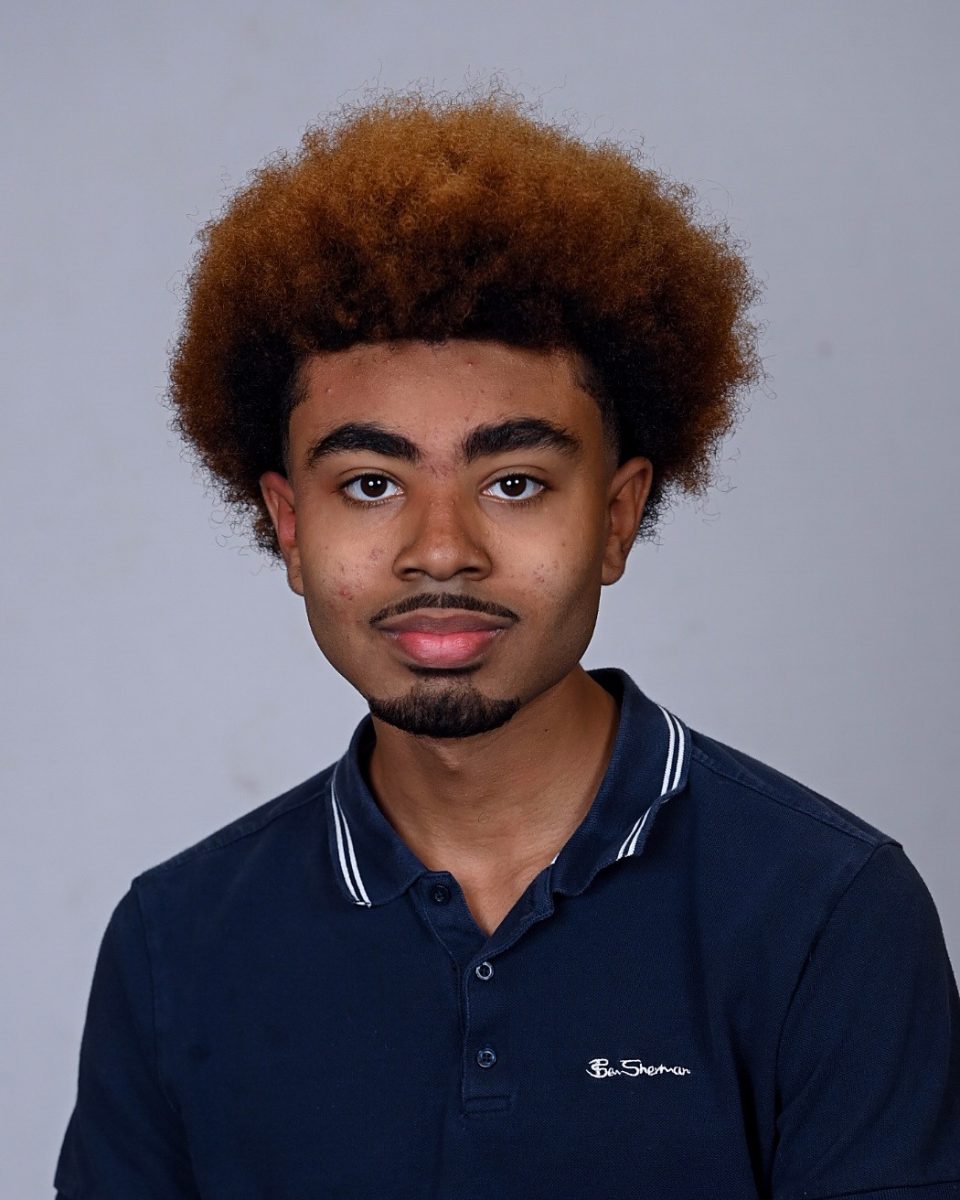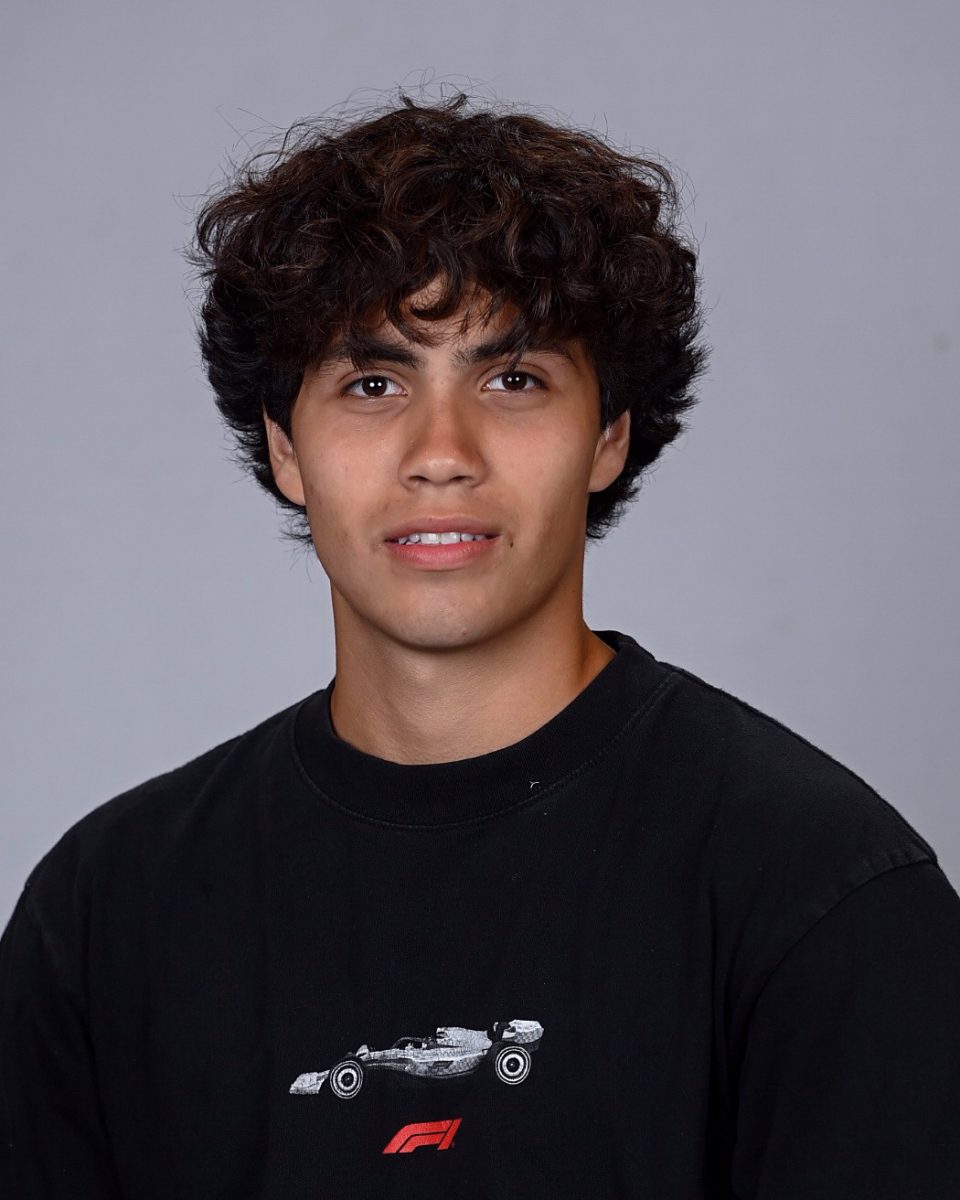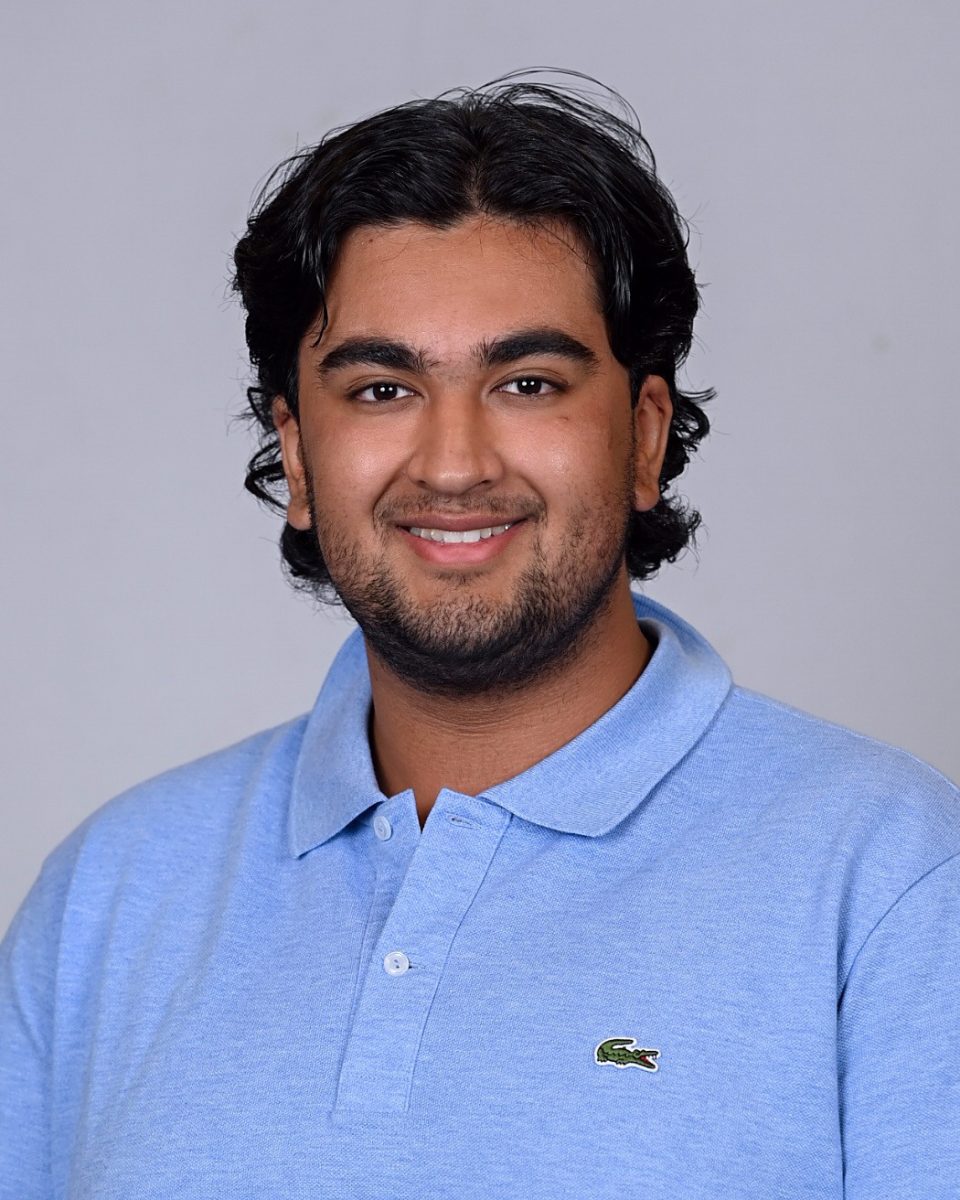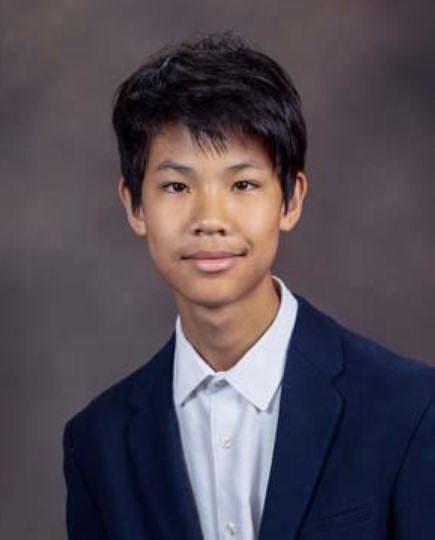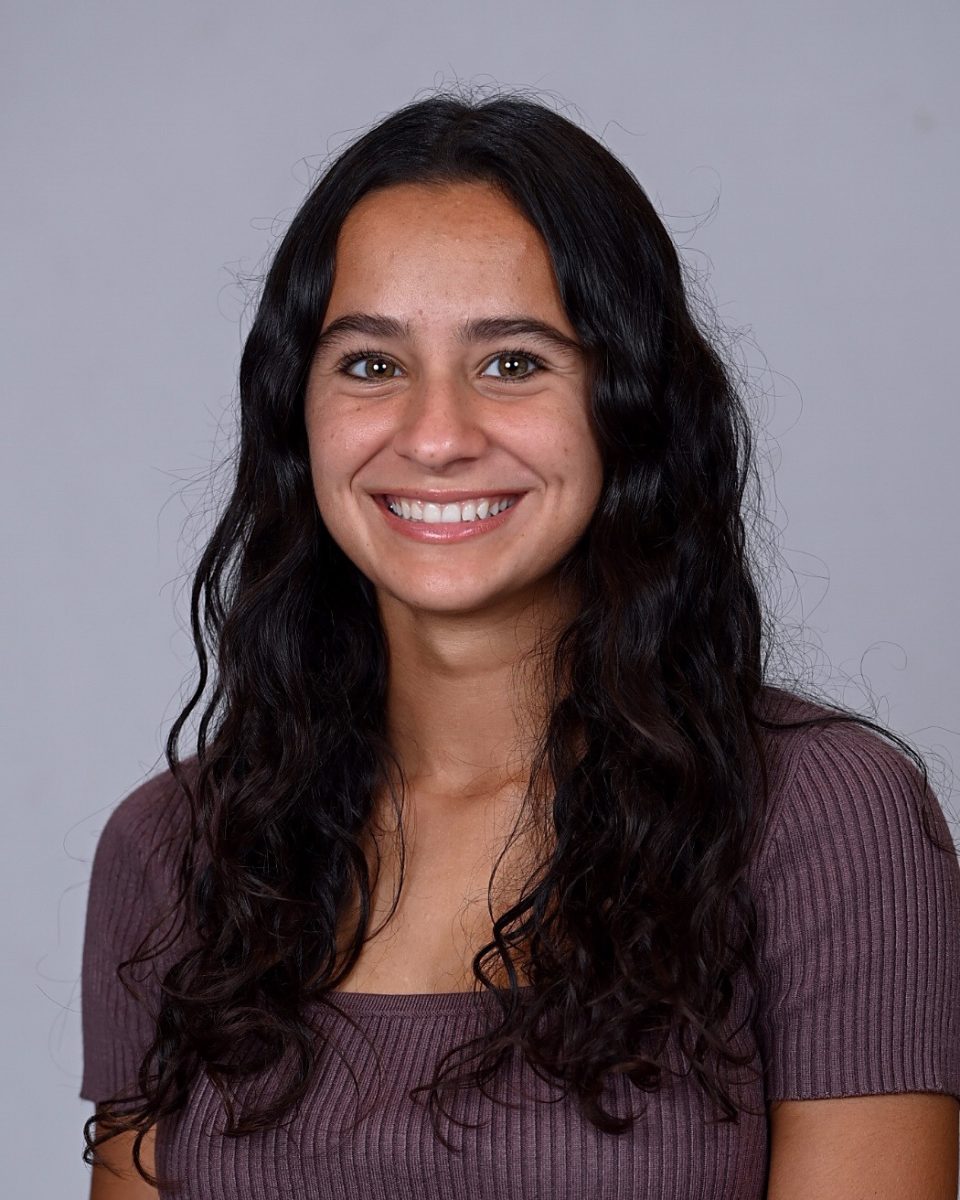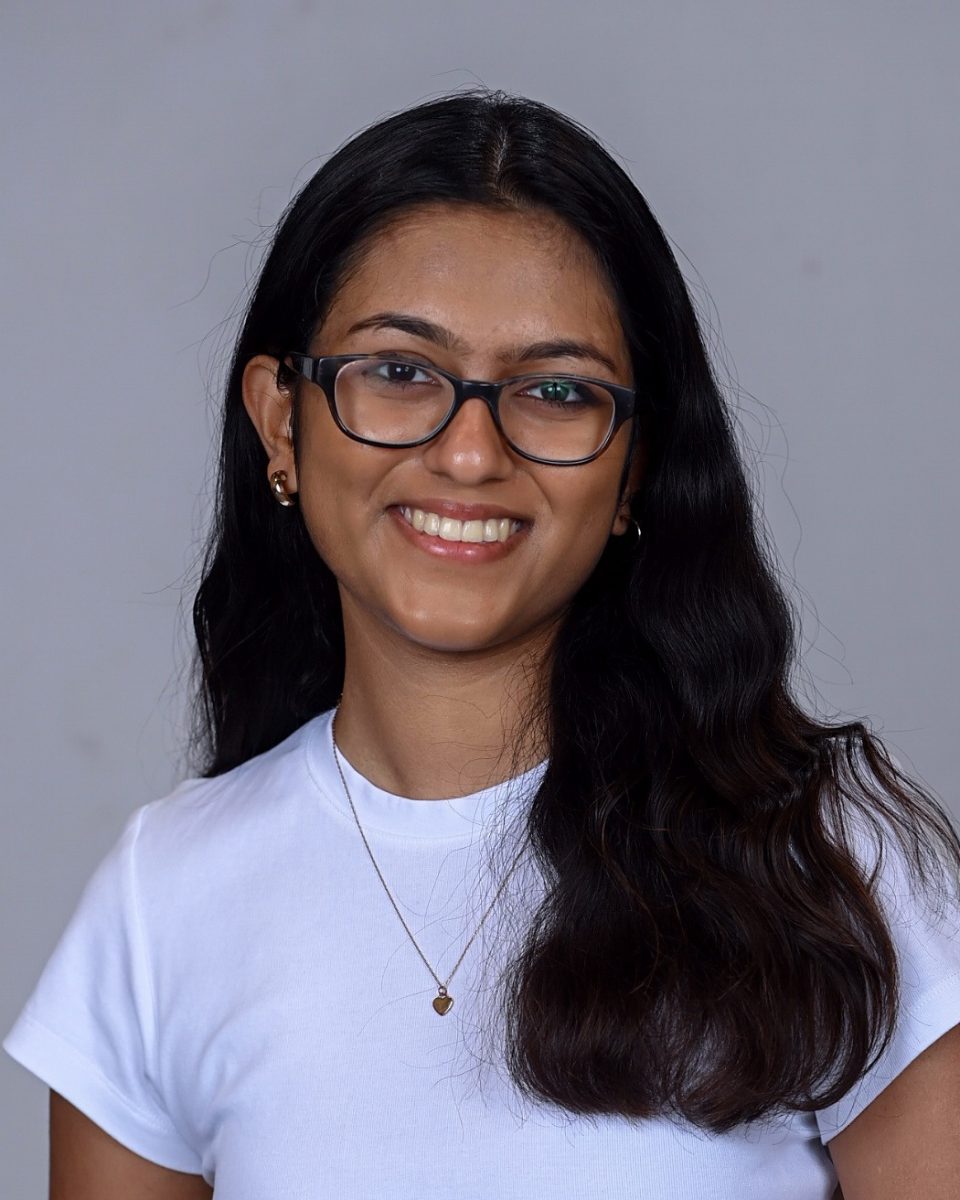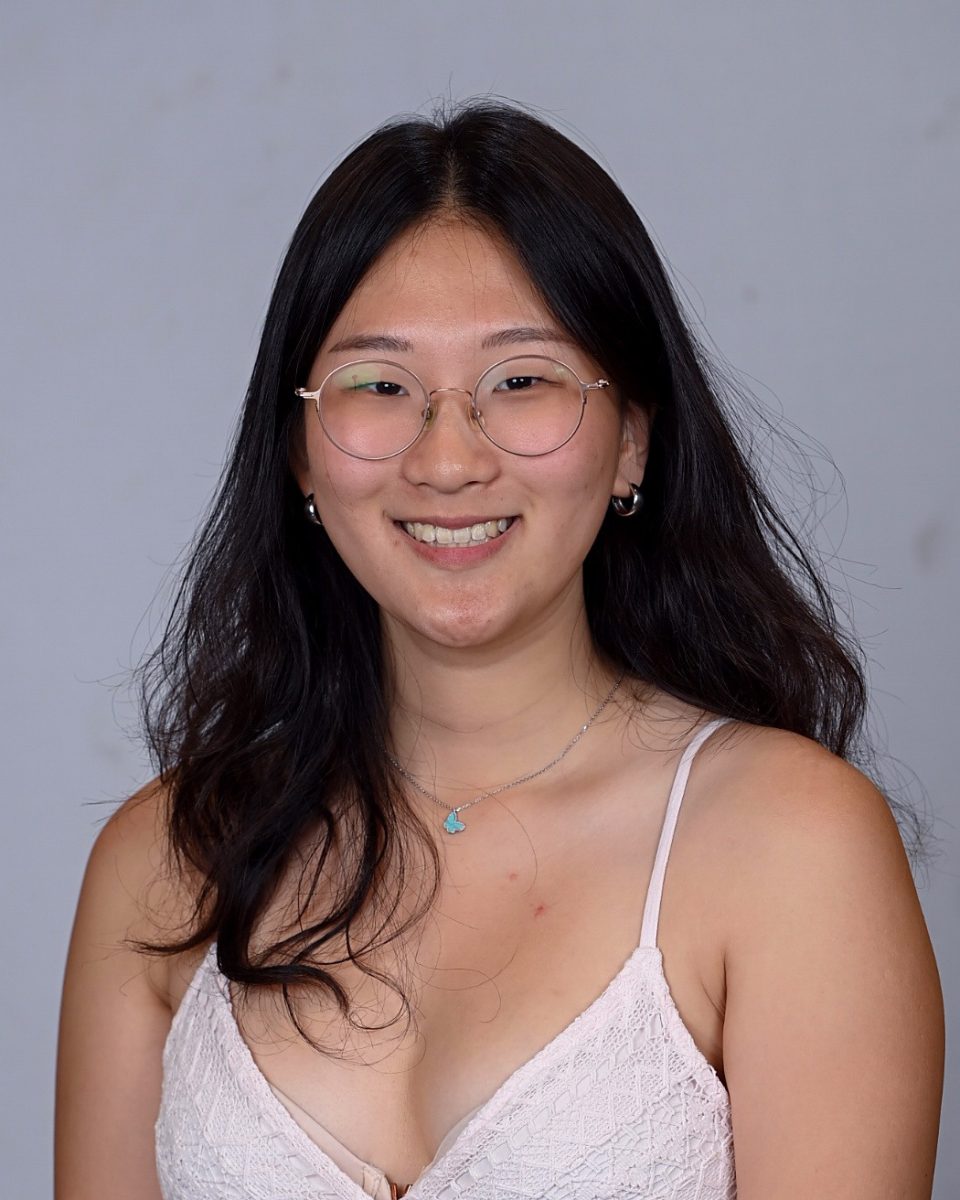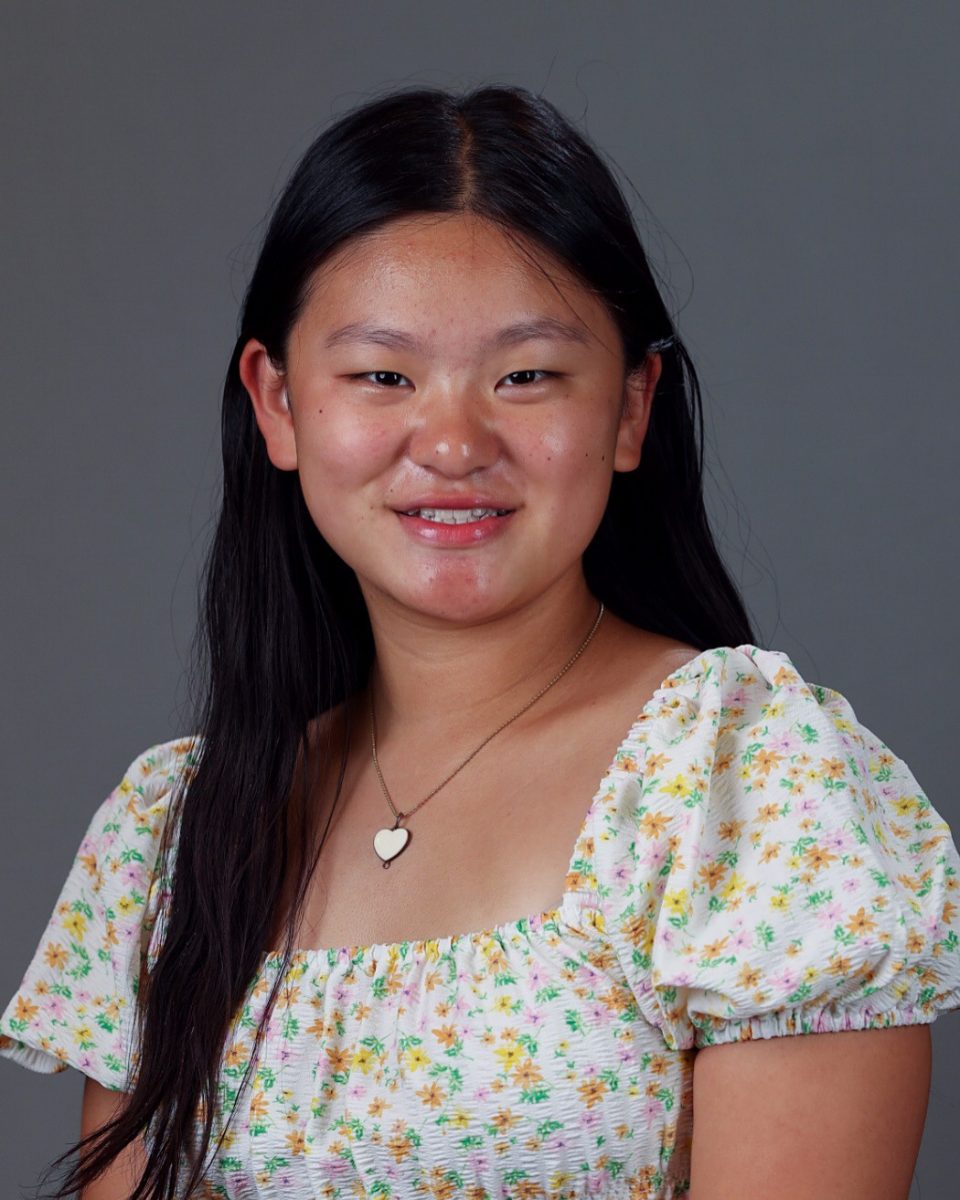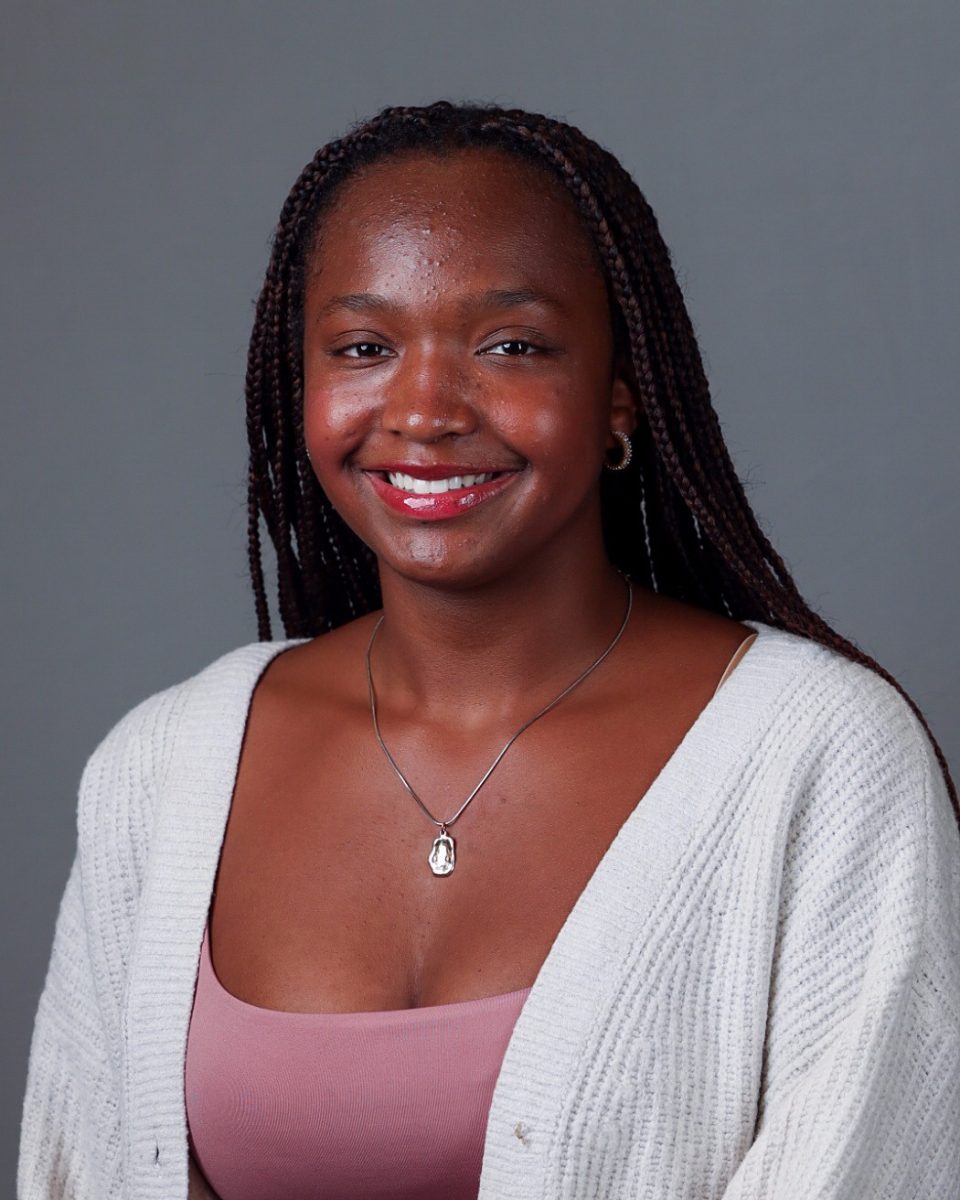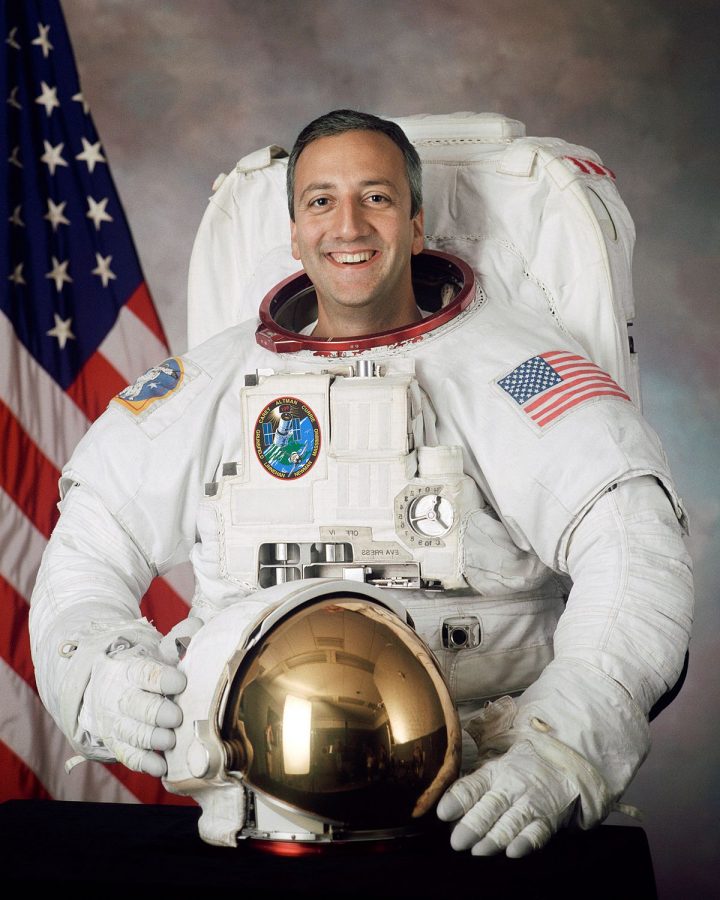A Visit from Space
January 18, 2018
Former NASA astronaut, guest star on The Big Bang Theory and a professor at Columbia University, Michael “Mike” Massimino, PhD, spoke at Peddie this past Tuesday. He was introduced by Director of Engineering Recruitment at Columbia University, Dana Pavarini. The talk, which took place from ten to eleven am in Efros Auditorium, centered around Massimino’s life and journey to become a “spaceman.”
According to Massimino, he had been interested in becoming an astronaut since the age of six years old. However, Massimino told Peddie News that he did not always consider a career in space to be realistic: “When I got a little older…it kind of seemed ridiculous to try to grow up and want to become an astronaut. I always had an interest, but I didn’t think it was possible, and it wasn’t until I got out of college that I started thinking, ‘Well, this is what I really want to do; I should give it a try.’” Meanwhile, he completed high school and began college at Columbia University. He showed a preference for STEM subjects while at the same time remaining well rounded, stating that he and other undergraduate students received education in several different areas. It was during this period that Massimino met Jim McDonald, whom he considers to have played an instrumental role in his life. “I had mentors throughout my life there was one [man] in particular named Jim McDonald who I met when I had a summer engineering job, after my junior year in college, and he was a very important mentor in my life, [he is] still a friend of mine,’ said Massimino, who went on to express how important it is to “find a mentor and be a mentor.”
Due to the improbability of finding a career in space, it was not until the tail end of college that Massimino began contemplating the idea again. “…I went to go see a movie when I was a senior in college called The Right Stuff… and then I read the book; it’s by Tom Wolfe…. And that rekindled my interest and inspired me to become an astronaut it was about the original astronauts and it [made] me [think about] how cool it would be to fly in space, so that inspired me to give it a try,” said Massimino, describing the events leading to his renewed interest. When he learned that NASA was accepting applications for potential astronauts, Massimino applied, but he was denied three times. Meanwhile, he completed his PhD in Mechanical Engineering at the Massachusetts Institute of Technology and had been working at NASA’s base in Texas as an engineer at the time of his third application. He became a professor at the Georgia Institute of Technology and applied to become an astronaut for the last time. On his fourth attempt, Massimino succeeded and became a member of the Astronaut Class of 1996.
In his lecture, Massimino described the training he underwent to become an astronaut, as well as some aspects of space life. In this process, the future astronauts were prepared for their missions in a variety of ways. This included practicing tasks while wearing their spacesuits, which were designed specifically for a zero-gravity environment, underwater. Massimino also portrayed some of the peculiarities of space life, sharing a video clip of mealtimes while in space, in addition to several photographs. The images “showed how being in space was really something magnificent” and exemplified the spacemen’s “courage to go out [into space],” said Emily Yang ’21. In addition to the living conditions, Massimino described the astronauts’ main job, which he considers “the most rewarding, interesting, challenging thing I’ve ever done”: the spacewalks. These ventures out of the rocket were for the purpose of performing maintenance on the Hubble telescope. Massimino displayed footage of one such spacewalk and, in explaining some of the more difficult aspects of space, provided an anecdote of how one stripped screw caused the support team on the ground to deliberate for hours as they decided how to proceed.
Students asked Massimino if he had any advice for those interested in pursuing STEM. “I think just to do the best you can in these subjects [there will] be something…that is difficult, and you can get discouraged… that doesn’t mean you can’t do it; it just means that it’s hard and you just need to get a little help, work a little harder don’t give up if it gets tough,” said Massimino.

